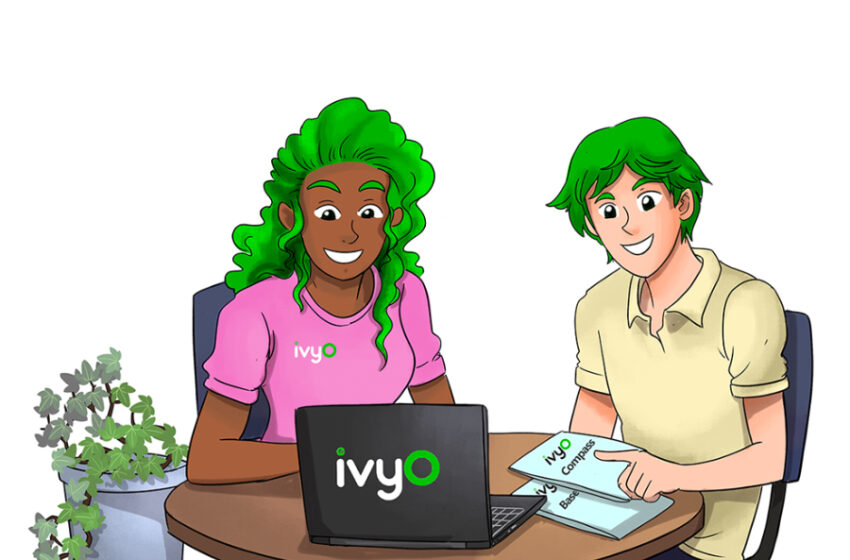Trending Posts
Main News
Editor Pick
Education
Home Schooling
Online Education
Archives
Categories
Recent Post
Forensic Psychology: A Career Path Blending Law and Psychology in India
What drives someone to commit a crime? Is it a matter of personal choice, a…
Investigate Excellence: The Actual Worth of HBCU College Visits
A Window into the Core of Education Going to a Historically Black College or University…
Tutoring For Kids With ADHD: Turning Fidget Energy Into Focus
Traditional educational methods often fail to support children with ADHD. Kids with ADHD (Attention-Deficit/Hyperactivity Disorder) typically…
How a Summer Music Program Can Jumpstart Your Career
Breaking into the music industry takes more than just talent—it takes connections, experience, and real-world…






















